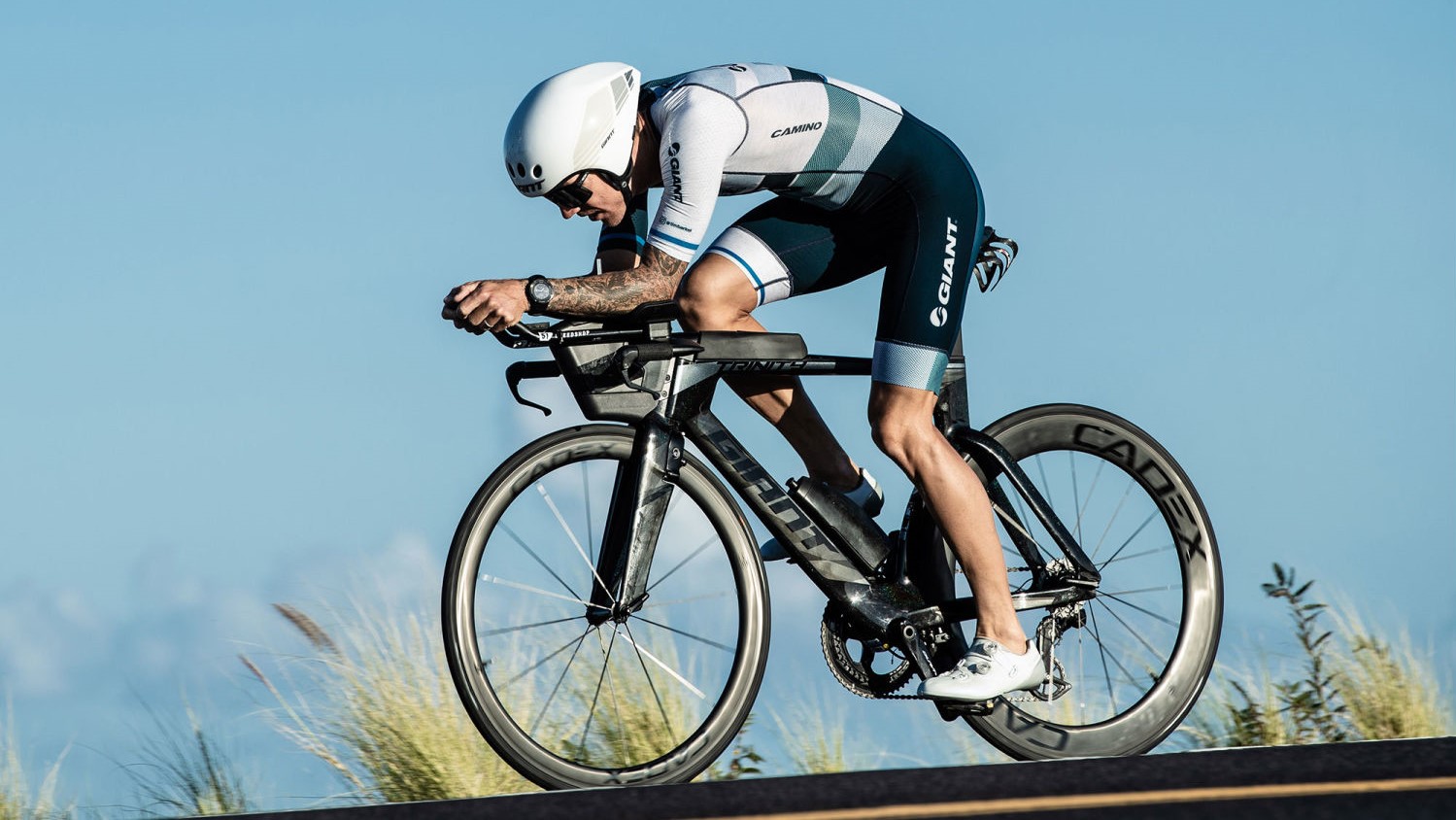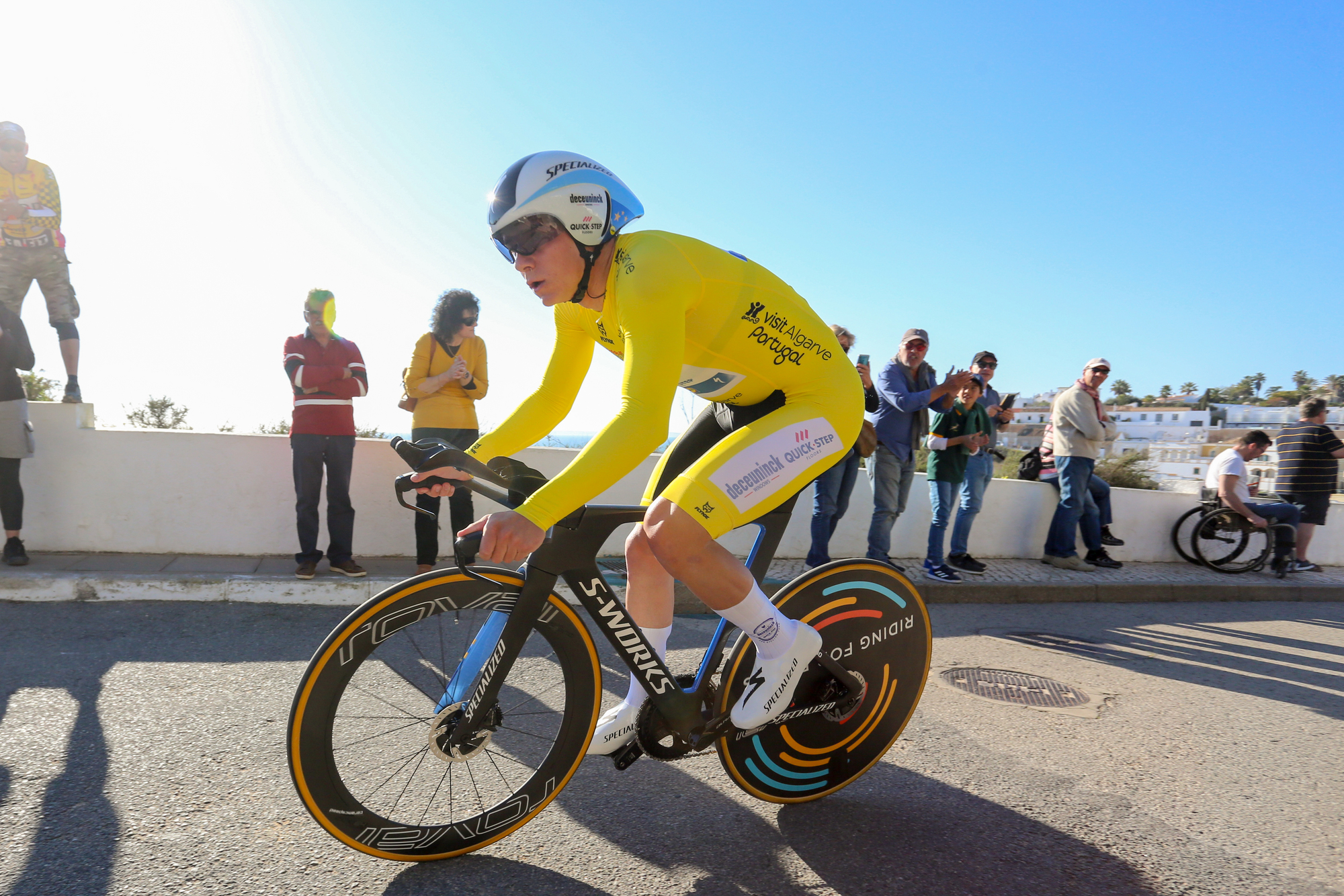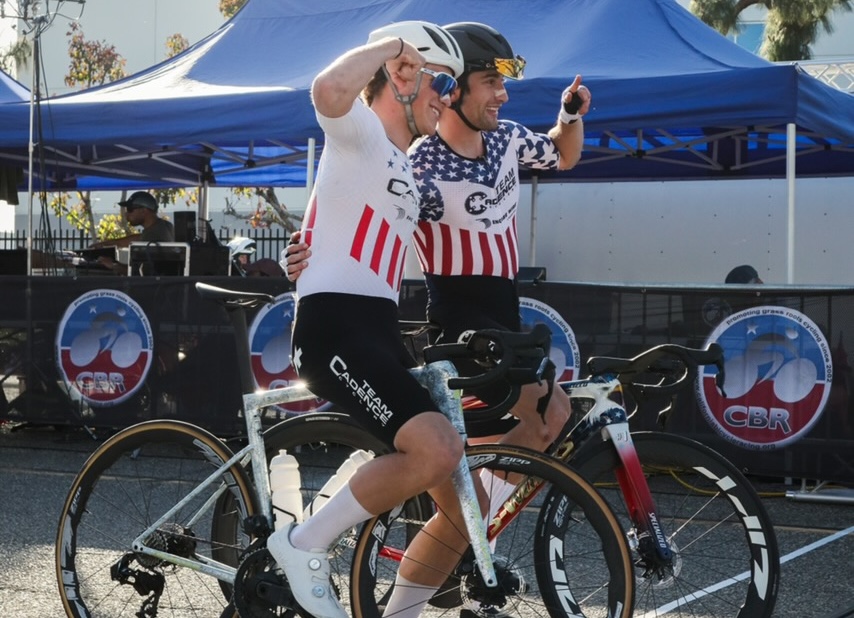Why time trialling will be the best way back into post-lockdown racing
Time trial events offer the safest racing format for riders who pine for some real-world competition

The latest race content, interviews, features, reviews and expert buying guides, direct to your inbox!
You are now subscribed
Your newsletter sign-up was successful
Without virtual racing, amateur riders with a desire to compete would have been truly lost during the peak COVID-19 lockdown.
Immersive as Zwift and Sufferfest are, nothing quite compares to feeling the wind rush across your face or the signature tyre on tar vibration of rolling momentum powering you along.
The probability of a mass-start road race or sportive is not an immediate reality for most riders. But one racing discipline could be better suited at navigating the challenging COVID-19 health & safety environment than others.
Time trial cycling could be regarded as the purest of all road racing event. The strategy is simple: a race against yourself and the neutral balance of timekeepers. Expensive aero bikes and helmets aside, there is nowhere to gain anything by sneakily sitting in another rider’s slipstream on a time trial – it truly is a solo race against the clock.
Individual time trials are safer than anything else – at the moment
The required social distancing protocols are not possible in a sportive start chute. Or even when the bunch has formed and is rolling along.
In time trial racing, you are on the start ramp alone. The one- or two-minute start intervals make it less likely to encounter another rider on the course, and any encounters that do occur will be brief. This gives you the freedom to exert that Vo2 threshold effort close to the finish, without the constraint of a mask or having to worry about the COVID-19 transmission risk of riders close to you.
Bunched starts and riding groups on a road course aren’t feasible at the moment. But the exhilaration of time trial riding is an aspect of cycling which can be safely practised – at national or local club level.
The latest race content, interviews, features, reviews and expert buying guides, direct to your inbox!
The World Health Organisation's recent acknowledgement that COVID-19 spread could be more aerosolized than previously thought, should not disincentivise riders from competing.
Crowded indoor conditions are where the aerosolized risk is thought to be higher – and competing at an outdoor time trial dramatically reduces that. Out on the road course, breathing offers lower projective droplet force and distribution than shouting, singing, coughing or sneezing – making time trial riding about as safe a competitive sports activity as you can have.

Being patient and thinking solo
To reduce the transmission risk at a time trial event, there are some very simple procedural adjustments. Riders should bring their own pins for race number and pens for signing any forms.
Digitalisation offers an opportunity to make time trial rider administration even safer and slicker. Smartphone validation apps - where you simply scan a QR code to confirm your identity and attendance - are a new method which could potentially be retained once ‘normal’ racing returns. The same logic applies to electronic waiver and indemnity forms, which can be signed digitally.
You might not be required to wear a mask whilst racing, but in a start or finish area, it is an entirely reasonable request – and one which has no impact on riding performance.
Compromises are implied with time trial racing during the current global health challenges. Although standing around, with limited social interaction, waiting for your slot might be too tedious for some – this is the sacrificial reality of time trial racing under COVID-19 regulations.
The nervous excitement of that bunch start and shared recollections after the finish, are deeply ingrained social aspects of road bike racing, but they need to be contained, for the moment.
By wearing a mask when and where organisers require, whilst keeping a physical and social distance from others, you fulfil the responsibility as a safety agent. It is a minor sacrifice for the freedom of being able to feel those spokes singing again, as they rotate, blading through the air – whilst you try and beat the clock.
Lance Branquinho is a Namibian born media professional, with 15-years of experience in technology and engineering journalism covering anything with wheels. Being from Namibia, he knows a good gravel road when he sees one, and he has raced some of Africa’s best-known mountain bike stage races, such as Wines2Wales and Berg&Bush.
